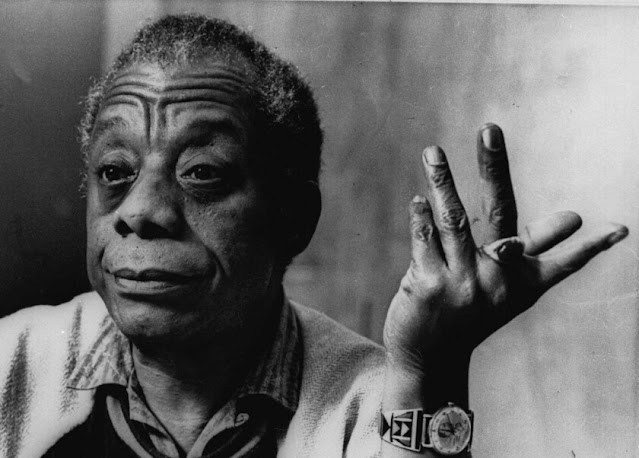The Fisk Jubilee Singers Celebrate 150 Years
In 1871, Verdi’s groundbreaking opera Aida had its world premiere in Cairo. October 6th of that same year, a group of formerly enslaved African Americans set out on their first fundraising tour to save the Free Fisk Colored School in Nashville, which had been established by the American Missionary Association in the aftermath of the Civil War. Within three years, this group primarily made up of teenagers would find themselves singing in the royal courts of Europe, eventually singing before Queen Victoria who reportedly stated, “These young people sing so beautifully they must be from the Music City of the United States.”
This group of singers became internationally known as the Fisk Jubilee Singers.
| The Fisk Jubilee Singers |
Queen Victoria commissioned a larger-than-life-sized painting of the group that hangs in Jubilee Hall today. Built from the proceeds from those first concert tours, Jubilee Hall was the first permanent structure built in the United States specifically for the purpose of educating the formerly enslaved. In the painting of eleven young adults, the woman seated at the keyboard is Ella Sheppard, the matriarch and primary vocal coach of the group.
 |
| Jubilee Hall |
 |
| George L. White |
 |
| Ella Sheppard |
Ella Sheppard’s arrangements appeared in a best-selling book published by George White called Jubilee Songs as Sung by the Jubilee Singers. The book included Sheppard’s arrangement of the Spiritual “Swing Low, Sweet Chariot” that was recorded by the Fisk Jubilee Singers in 1909. It was this melody that was utilized by Czech composer Antonín Dvořák in his “Symphony from the New World.” Composer Harry T. Burleigh introduced Dvořák to this music while he was studying with Dvořák in New York.
In those early years, the group sang for Mark Twain, Maurice Ravel, President Ulysses S. Grant, congressmen, and diplomats. They performed before enthusiastic audiences at preacher Henry Ward Beecher’s Plymouth Church in Brooklyn and at Steinway Hall in Manhattan. "These singers," according to one newspaper, "are doing a great work for humanity." Later they would sing for Madame Curie, George Bernard Shaw, and King George V.
Decades after Ella Sheppard arrived at Fisk, she was able to purchase a home on the Fisk University campus. She eventually found her mother in Mississippi and brought her back to Nashville to live in her home with her husband and two sons.
This happy ending was only possible because of the success of the Fisk Jubilee Singers, and their ability to save their beloved school 150 years ago.
| Matthew Kennedy directing the Fisk Jubilee Singers in 1971 |
My father, Matthew Kennedy, served as director of the Fisk Jubilee Singers from 1957 to 1986 (intermittently), and was director during their centennial celebration in 1971. That year the group was presented in concert at the Kennedy Center in Washington, D.C., and in New York at Carnegie Hall. Since then the group has been presented in New York City in concert several times, but you wouldn’t know it based on the press coverage, or, rather, lack thereof. I’ve often wondered why the press seemed to be so uninterested in the Fisk Jubilee Singers.
Going back to the story of Ella Sheppard, I knew that her father had purchased her freedom as well as his own, which meant that Sam Sheppard’s hard-won money ended up in the coffers of the Hermitage, and ultimately into Andrew Jackson’s estate. Another member of the original group, Thomas Rutling, told the story of remembering the day when his mother was sold away to another plantation, and the sting of the lash as it cut the skin on his arms while he desperately held on to his mother’s skirts.
The story of the Fisk Jubilee Singers is inextricably linked with slavery, and some do not wish to be reminded of this history. But the beauty of these plantation songs made it possible for generations of African Americans to receive a college education at one of this country’s first HBCUs.
Fisk University commemorates the anniversary of the group’s departure on their first tour by celebrating Jubilee Day on October 6th each year. This year the guest speaker was poet and Fisk graduate Nikki Giovanni.
[Source: Fisk University Library Special Collections]
Nina Kennedy is a concert pianist, orchestral conductor, and award-winning filmmaker. She holds a master’s degree from the Juilliard School. Her memoir, Practicing for Love, is a 2021 Lambda Literary Award Finalist.










Comments
Post a Comment